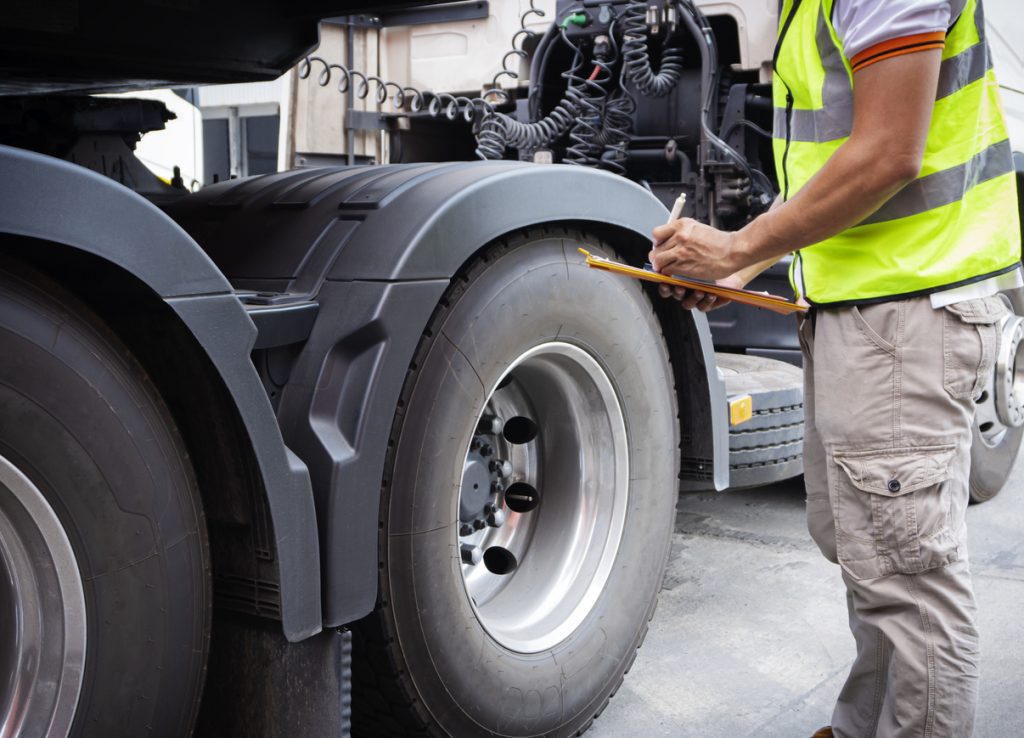Why Fuel Management is More Important Than Ever Before
Since the pandemic started, we’ve seen an increased demand for courier services. With more drivers on the road, fuel management systems are a key component of managing a fleet. They help you to ensure the safety of your fuel and boost the efficiency of your fleet.
Below, we’re taking a closer look at why these systems are more important than ever before.
Help Prevent Fuel Theft
Fuel theft is more common than you may think, and this can be especially true with new drivers on your fleet. With over 67% of all reported fuel theft coming from a commercial setting, it’s crucial that you safeguard your fuel at all times.
This theft can be in the form of an erroneous declaration of consumption or even odometer tampering – this can quickly add up over time and eat into your profits. With a fuel management system in place, however, you can easily see discrepancies in the records, helping you to stay on top of fuel use.
Reports suggest that more than £2 million worth of fuel has been stolen across the UK, so it’s important that businesses keep risk to a minimum.
Track Cost Per Mile
Another reason why fuel management systems are even more important at the moment is that they help track how many miles a specific vehicle can travel with a certain amount of fuel. This is crucial to stay on top of costs – and to find ways to keep these costs down – so it can help many businesses streamline their operations.
With Brexit and the pandemic causing a little bit of havoc for lorry drivers after the new year, with long queues one of the biggest issues, being able to track everything is a massive help for your accounts and your bottom line.
This helps you to make informed decisions as well which, in turn, help you to better manage the fleet.
Repair Vehicles
If you have a fuel management system installed and notice issues with fuel consumption, you can more easily assess the root cause behind it and narrow it down to a vehicle needing a general servicing.
It can be difficult to know if something is wrong if there’s no visible problems with the vehicle, so checking differences in fuel will help you to optimise tyre pressure, for example; this, in turn, will help you improve fuel consumption, as properly inflated tyres are more efficient.
Replace Expensive Vehicles
Being able to get insight into the costlier vehicles can help you to save money. With fuel management systems, it’s easy to see which vehicles are losing their value, be it because they need a lot of maintenance and repair, or because they consume a lot of fuel.
Having this knowledge allows you to assess your fleet on a regular basis and make money-saving decisions that will have long-term benefits to the business.
Encourage Best Practices
Our fuel management systems also help you to see the areas that need improvement in the fleet, which includes training your drivers. It’s important to encourage the best practices because this will lead to better performance and efficiency. For example, your fleet drivers should strive to meet fuel targets and do their best to keep consumption to a minimum.
Some common best practices include:
- Avoiding speeding – according to the AA, even going from only 80 miles per hour to 70 could save you around 25% in fuel.
- Less breaking and accelerating – for example, if there’s a lot of traffic, drivers should avoid going fast only to have to break because of vehicles in front. This uses less fuel so it can help to keep costs down.
- Stay as aerodynamic as possible – drivers should keep windows up when driving faster to stay as aerodynamic as they can, as wind resistance can make them spend more fuel.
Claim Expenses
When running or managing a fleet, one of the most important things to take into consideration is how to save fuel. Being able to claim expenses can greatly help with this, and a fuel management system will help you know exactly how much your fleet is spending.
Our systems allow you to track fleet fuel usage and give you clear and concise information on demand and in real time, ensuring you’re always on top of your fleet’s fuel consumption and can more easily make informed decisions in the moment if necessary.
In the Spring Budget 2021, Rishi Sunak announced that fuel duty rates have been frozen for the 11th year running at 57.95p per litre, so this is good news for fleet managers, who don’t have to take higher rates into account when developing new fuel policies for the business, for instance.
Reduce Admin
With Brexit and the pandemic, fleets have had an increase in paperwork, which is time-consuming and more expensive. But fuel management systems are one less thing to worry about – the systems send you reports, updates and solutions directly to your device, eliminating the need for manual stocktaking and reports.
At Fueltek, we understand just how important these fuel management systems are, from monitoring fuel efficiency to helping you identify improvements in your fleet. Get in touch with us to learn more about our services including diesel pumps and fuel management systems.










